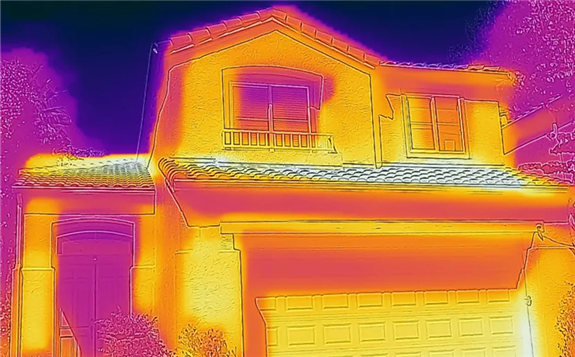Telescopes in space could be used to monitor the energy efficiency of homes and buildings across the planet.

The news comes after researchers at the University of Cambridge were awarded a share of £7 million in funding.
The funding will support companies and universities with radical ideas over tackling climate change.
Dr Ian Parry from Cambridge’s Institute of Astronomy hope to create high-resolution thermal infrared space telescopes for monitoring the energy efficiency of buildings.
Thermal infrared (TIR) earth observation telescopes in low earth orbit can monitor the energy output of buildings. The team will use the money to build and develop a prototype.
The technology will identify anything bigger than about five metres across that is using large amounts of energy, such as buildings, houses, aircraft, ships or trucks.
Earlier this year it was revealed that around two thirds of homes in the Anglia region are failing to meet energy efficiency targets.
The Government wants to bring all greenhouse gas emissions to net zero by 2050 - but almost a fifth of the country's total emissions are currently generated in domestic housing as we depend on gas for heating and cooking.
Space technology is one of the key planks of the Governments' post-Brexit economic plans.
The region is already playing a leading role in developing new technologies for space, from weather forecasting and the Exo Mars mission to the Open University in Milton Keynes working on projects to help develop a manned base on the moon.
Science Minister Amanda Solloway said:
“We want the UK to be a world leader in space technology which is why we are supporting our most ambitious innovators who are developing technologies to help solve some of our greatest challenges.”
Government figures show that the UK space sector has grown by over 60% since 2010. The industry already supports £300 billion of UK economic activity through the use of satellite services and is expected to grow further as this new Government support unlocks commercial opportunities.